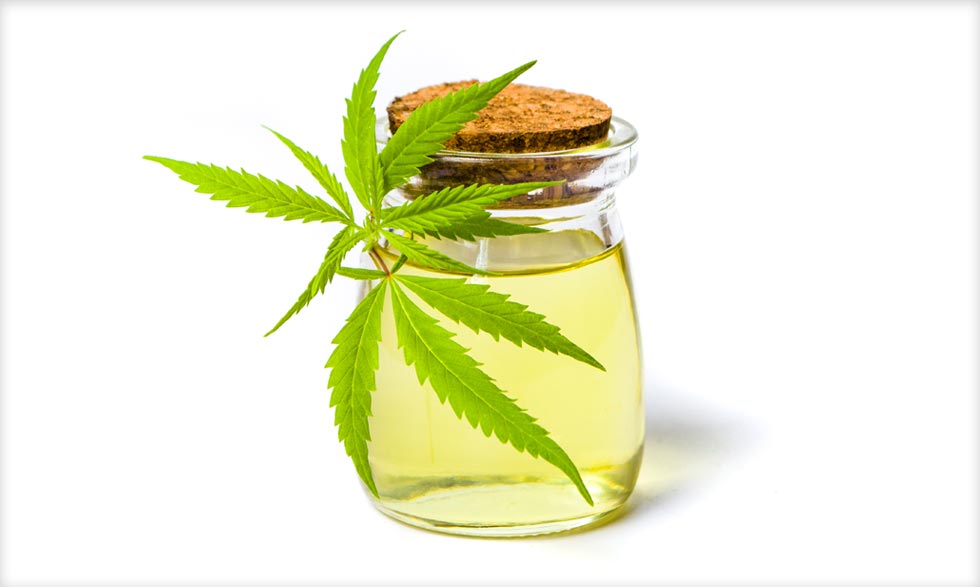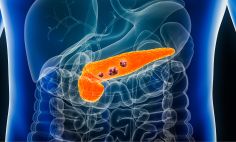Health Topics

The ABCs of CBD: Separating fact from fiction
CBD. Cannabidiol. No matter what you call it, you may have heard health claims about this little-known part of the marijuana plant, which comes from the plant's flowers. Some say it treats muscle aches, anxiety, sleeping troubles, chronic pain, and more.
But what does the science say?
We spoke to NIH expert Susan Weiss, Ph.D., to learn more and find out why consumers should be careful. Dr. Weiss is the director of the division of extramural research at the National Institute on Drug Abuse (NIDA).
What is CBD?
CBD (or cannabidiol) comes from the cannabis (or marijuana) plant.
The chemical compound THC [tetrahydrocannabinol] is the part of the cannabis plant that most people are familiar with because that is the part that makes people “high.” Most effects of marijuana that people think of are caused by THC.
Most recreational marijuana has very little CBD in it. CBD products are available through dispensaries, health food and convenience stores, and the internet. It's a widely used product that's not regulated—and is not legal to sell for its largely unproven health benefits.
How does CBD work?
Nobody really knows what is responsible for the mental and physical health benefits that have been attributed to it. CBD affects the body's serotonin system, which controls our moods. It also affects several other signaling pathways, but we really don't understand its mechanisms of action yet.
How much do we know about CBD as a potential treatment?
There are over 50 conditions that CBD is claimed to treat.
We do know that CBD can help control serious seizure disorders in some children (e.g., Dravet and Lennox-Gastaut syndromes) that don't respond well to other treatments. Epidiolex is an FDA [Food and Drug Administration] approved medication containing CBD that can be used for this purpose.
There's also data to suggest the potential of CBD as a treatment for schizophrenia and for substance use disorders. But these potential uses are in extremely early stages of development.
Are there side effects?
We don't know of any severe side effects at this time. But there were mild side effects reported in the epilepsy studies, mostly gastrointestinal issues like diarrhea. There were also some reported drug-to-drug interactions. That's why, for safety reasons, it's important that CBD or any cannabis product go through the FDA review process.
Are there any specific CBD studies that you are focused on?
We are interested in CBD as a potential treatment of substance use disorders.
There is some research looking at it for opioid, tobacco, and alcohol use disorders. If CBD can help prevent relapse in those areas, that would be really interesting. We're also interested in it for pain management. Trying to find less addictive medications for pain would help a lot of people.
What else would you like people to know?
Buyer beware.
We are concerned about the health claims being exaggerated or incorrect. The FDA issued warning letters to several companies because of untested health claims. And the CBD products themselves didn't always contain the amount of CBD that they were reported to have—some actually had THC in them.
Another concern is that people are using CBD to treat ailments for which we have FDA-approved medications. Thus, they may be missing out on better treatments. And when they're using CBD or other cannabis products for conditions we don't know very much about, that's worrisome.







